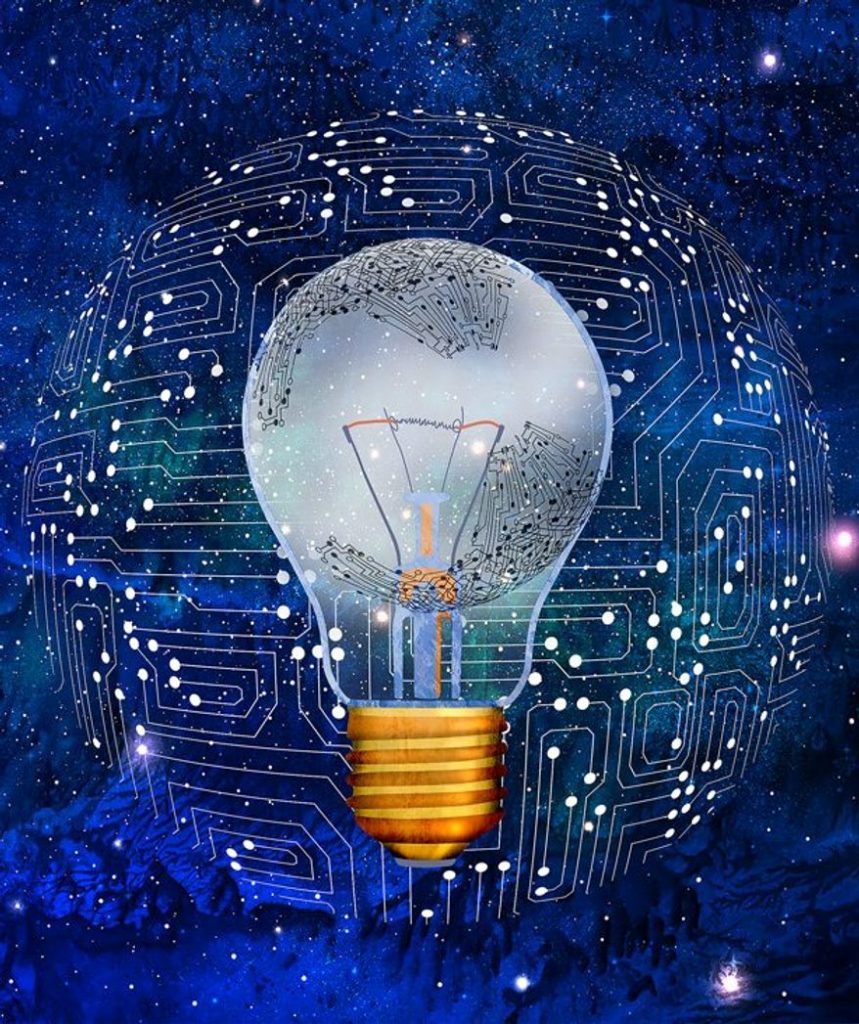Even in bad times, good things still happen.
Question: If you were born 200 years before you were, what is the likelihood that you would have reached your present age — given the state of medical knowledge at the time — and would have survived all the illnesses and accidents that you have endured, in a world without antibiotics and vaccines?
Even though average life spans more than doubled in the last two centuries, the oldest of the old among us have not seen much increase in life span. The last three American presidents of the U.S. (who we assume got the best possible medical care) and who died of natural causes — Gerald Ford, Ronald Reagan and George H.W. Bush — all made it to 90 or above, and President Jimmy Carter is still with us at age 98. But many of the early presidents also lived long lives: John Adams was 90, Thomas Jefferson was 83, and James Madison was 85 when they died. And if George Washington had not been what was a likely victim of unintentional medical malpractice, he probably would have lived many years beyond age 67.
The good news is there is considerable evidence that the state of biological and medical knowledge appears to be poised where dramatic advances in longevity appear to be on the horizon. Genes can now be altered, and through artificial intelligence programs, the knowledge of how stem cells operate, how to administer them, and how to employ generative medicine is accumulating rapidly. It is a safe bet that your children will not die of old age, but some other largely controllable cause.
Electric batteries are poised for major advances in useful life, and power output at much lower cost, using safer and better alternatives to the now state-of-the-art lithium. This will not only result in far better vehicle performance, but is also likely to enable the family car to truly stand in as a power backup device for the entire home in case the electricity goes out.
Bird-killing, unsightly, noisy windmills will populate the ashcans of history as a really bad idea, as both fission and fusion nuclear power and geothermal provide far more reliable and much cheaper electricity. Lower-cost electricity will also reduce the cost of many manufactured products and metal and food production.
Everyone who has had a child or taught young people knows that each person learns at a different rate. A student can be a quick study at math but slow at languages or vice versa, yet traditional classroom education treats all students the same, leaving many behind and others bored by the slow pace. The government educational establishment, like any other monopoly institution, has been slow to adopt new technologies to allow more individualized learning.
Universal school choice, which is finally being adopted in a number of states by breaking the educational monopoly, will begin to allow the full potential of AI programs and other technologies to tailor educational tools to each student for each subject. AI teaching machines do not care about skin color, race, religion or ethnic background — they care only about individual outcomes. This is equally true for both first graders and doctoral students. Bye-bye, needless “woke” officers.
Over time, students will gravitate from traditional unnecessarily costly educational institutions to more effective and lower-cost alternatives. The current educational establishment, along with the “woke “administrators and compliance officers, will fight these positive changes by buying politicians to impose restrictive rules. But ultimately, they will lose out to the new technologies as employers will increasingly be less interested in hiring people from the most prestigious and long-standing buggy-whip-manufacturing schools, as contrasted to people who have shown the discipline to learn useful skills no matter how acquired.
There will even be good news in economics. The father of modern economics, Adam Smith, published his seminal book “The Wealth of Nations” in 1776. He got almost everything right at that time, and there have been many useful additional contributions to the field by a variety of thinkers in the two centuries since Smith.
One of the things Smith got right was free trade. As long as the U.S. can maintain something close to free trade, Americans will still have the benefit of most new technologies, even if the country’s manufacturing base continues to be destroyed and its previously great research universities all become woke rather than innovators.
The British invented the steam engine and railway, and the Germans invented the internal combustion engine, but these imported innovations most benefited America. Outsourcing innovation to other countries is not ideal (as the U.S. has done with semiconductors going to Taiwan) — but it can enable a slowly growing standard of living even if the “wokesters” and economic oppressors are temporarily in charge.
There have been many bad economic ideas, which tend to be quickly grabbed by politicians and their media allies as excuses for enhancing their own power. The most recent was “modern monetary theory,” which provided the rationale for excessive money growth — which caused the inflation — surprise, surprise.
Sooner rather than later, those in the political class will learn once again that excessive government spending, taxing, and debt will end in disaster — even if they haven’t read Adam Smith. And we start anew!
• Richard W. Rahn is chairman of the Institute for Global Economic Growth and MCon LLC.
https://www.washingtontimes.com/news/2023/mar/27/amid-manufacturing-loss-and-woke-universities-amer/
© Copyright 2023 The Washington Times, LLC.
